It merely took a few superhero films and TV shows overstepping the accepted boundaries of disappointment to leave fans of metal suits and uncomfortable latex getups to bounce the term “superhero fatigue” with concerning ease. But while Blue Beetle — which wins with the classic Marvel formula that the MCU has applied and forgotten — has dismantled the notion with ease, The Flash has only re-cemented it almost three months after its theatrical release.
After getting a few early positive reviews and having THE James Gunn singing its praise, The Flash quickly showed its true colors and sank at the box office — and in the eyes of the DC fans — with a speed that probably rivals Barry Allen’s. And with that same lightning pace returned the term “superhero fatigue” that had been quietly biding its time after Guardians of the Galaxy Vol. 3 — which wasn’t the peak superhero flick, but won for an obvious reason hiding its vices — momentarily erased the memories of Quantumania, Love and Thunder, She-Hulk: Attorney at Law, and more.
Before I sing some well-deserved praise for Blue Beetle and explain the semi-mysterious claim made in the headline and the introduction, let me acknowledge that it is suffering at the box office. But not because it is another The Flash. Heck, it is marginally doomed because the Ezra Miller vehicle disaster precedes it, pushing many to put DC films on hold until the DCU is here. Then there is the minimal promotion the film received — even a day before The Flash’s release, Warner Bros. was dead-set on brainwashing us into believing that it won’t suck.
Well, that mission failed spectacularly as even its streaming release on Max has been a futile attempt to drum up the hype. While films like Eternals and even Love and Thunder managed to reverse some of the negativity in their favor, no such luck blessed The Flash whose debut on Max received none of the customary fanfare that graces most films’ streaming release.
But Blue Beetle still wins, and whether it made a Marvel film its inspiration or not, it did become its spiritual successor
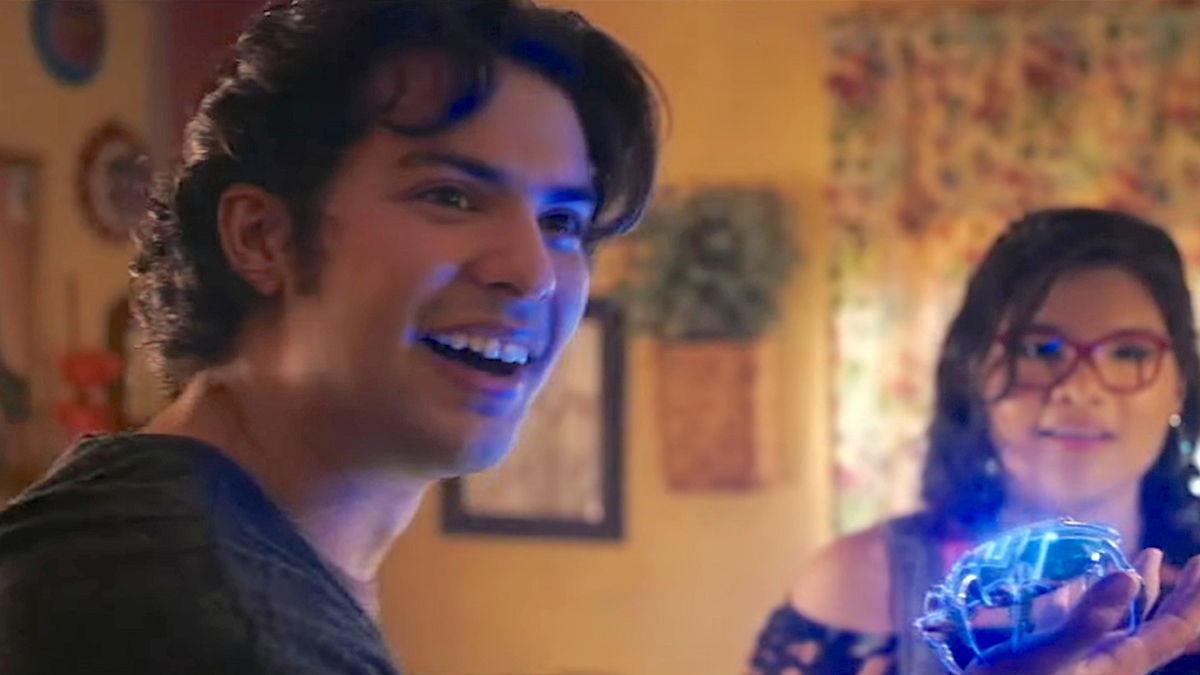
First, riddle me this — why are films like The Flash and Ant-Man 3 considered the epitome of superhero fatigue? Because they suddenly — but very predictably — threw their heroes in the midst of a villain conspiracy that threatened the world, or worse, the whole freaking universe, multiple timelines, every reality… you get the picture. Then the trouble is to adjust a mediocre protagonist in this mega stage setting by giving him the sudden zeal to protect the very existence of living beings.
After Avengers: Endgame, it has almost become the norm to give a superhero a world-ending bad man — it is either that or nothing (which then amounts to the forced fourth-wall-breaking antics of She-Hulk). But thank god, or thank Angel Manuel Soto, Blue Beetle respectfully ditches this weird necessity and sticks to the basics.
That too in classic Spider-Man-of-2002 style.
Before the MCU began its world-building with Iron Man, it was Sony Pictures that took the iconic Marvel superhero, Peter Parker, and turned him into a legacy with Tobey Maguire making me fall in love with a spiderweb-throwing vigilante (that is until he turned into a Justin Beiber wannabe in Spider-Man 3). The movie was PERFECT, capital P capital T.
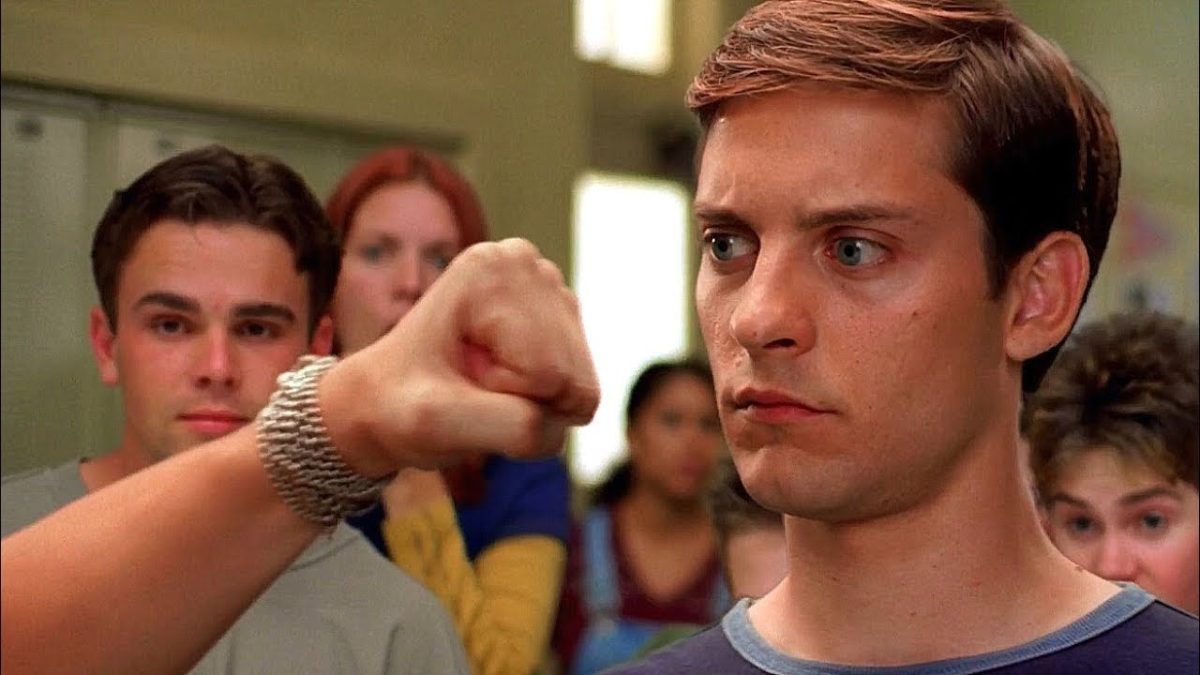
Marvel films (whether by Sony or the Marvel Studio) have never managed to replicate its successful points as the perfect (there is the word again) superhero origin story. Let me break it down for you:
- A teenager who doesn’t go on a non-sensical world-saving spree the second he gains powers.
- A perfectly average human being gets superpowers from a suspicious source and faces no side effects. Instead, he hilariously masters his powers throughout the film.
- Same goes for the source of his powers — no time wasted in extensive deep dives into the bug’s history or what made it a “genetically engineered” super spider.
- He is not instantly pitted against a universe-annihilating villain — his enemies match his amateur prowess.
- The hero gets the girl (she loves him even though he wants to play possum). This is a rather redundant trope, but don’t act like you don’t swoon every time it happens.
- A little tragedy, but it ends with the triumph of good over a one-time evil.
Unless you were busy ogling Jaime Reyes (which is understandable), you will notice that Blue Beetle barely deviates from the above concept. It is initiating a new name in the world of superheroes and it plays by the tried-and-tested golden rules by keeping things simple yet interesting. There is not a legion of Egyptian Gods waiting in the shadows, no time-traveling that ends in a younger superhero just itching to save the world, not a mega villain who crops out of nowhere to tame the world, and thankfully, no minion butts that jump out of the void to give you forever nightmares.
This doesn’t mean future films starring the Blue Beetle won’t complicate his life or delve into the Scarab’s past — it definitely will. But that is set to happen after it smoothly wins every heart with its never-to-fail formula and the exceptional Xolo Maridueña, who needs to do more films because there are only so many times I can berate myself for not watching Cobra Kai sooner.

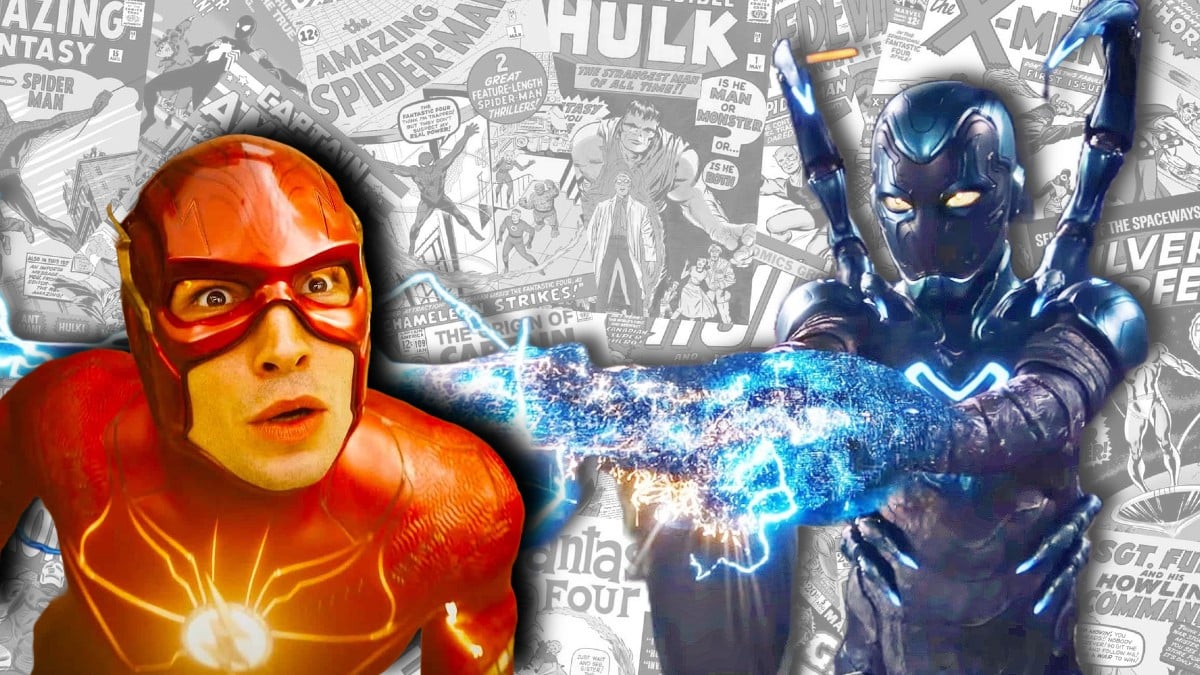
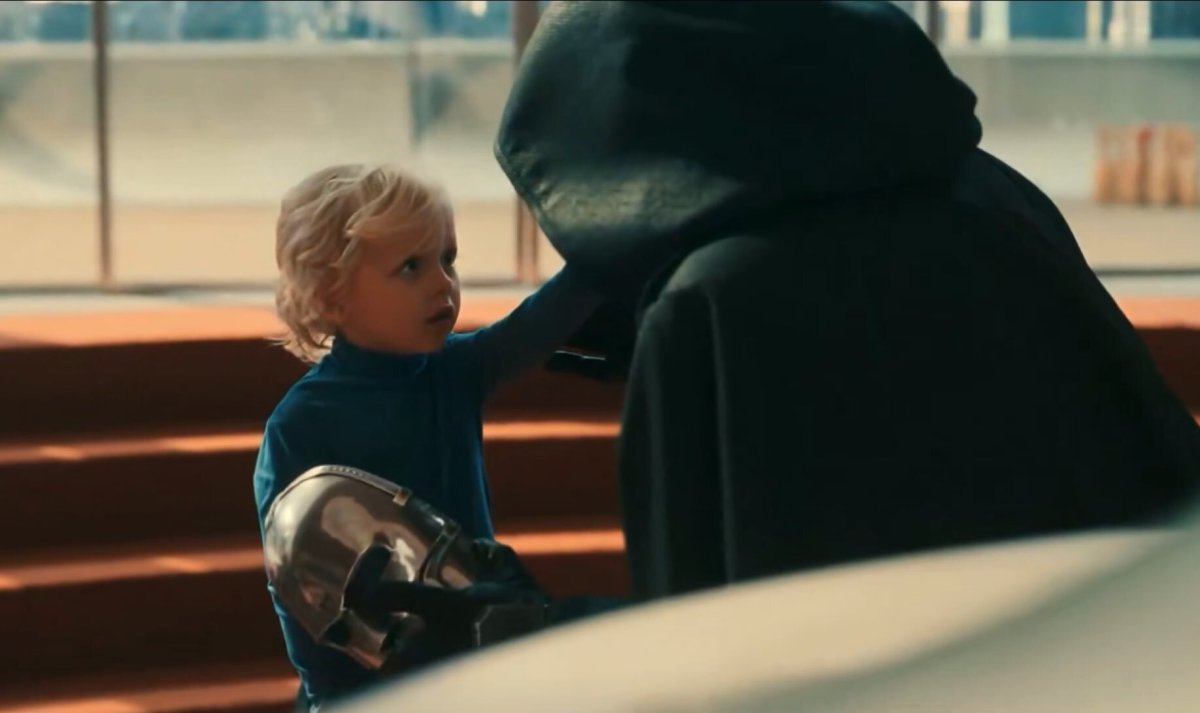
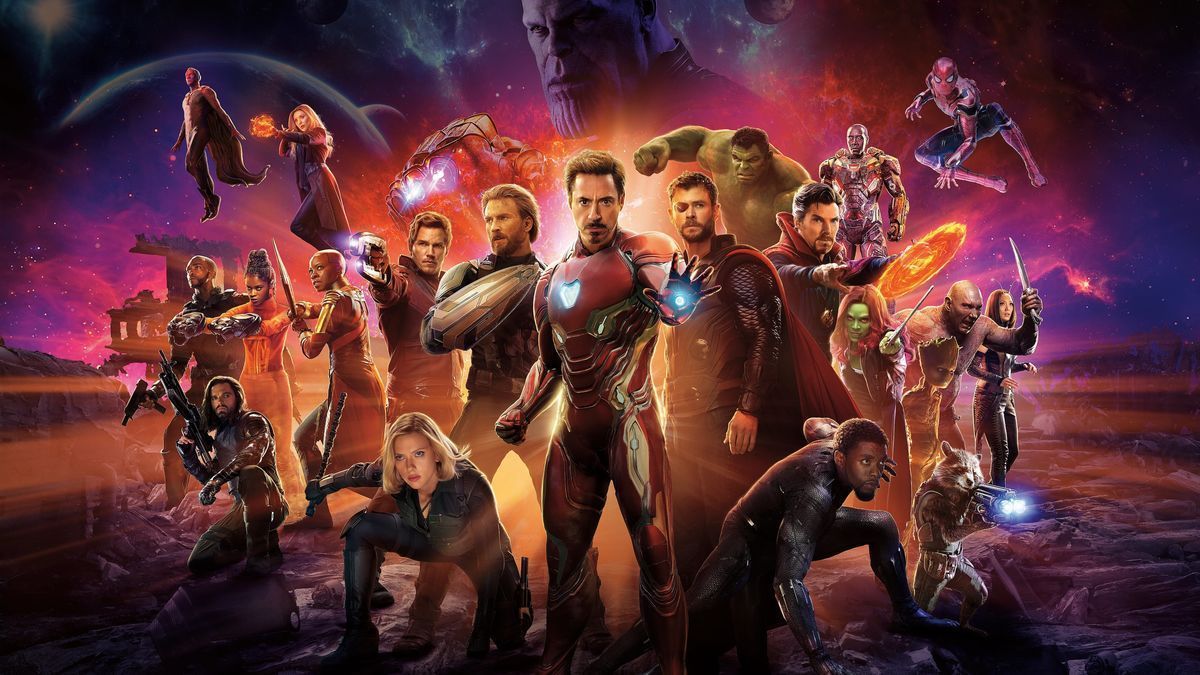
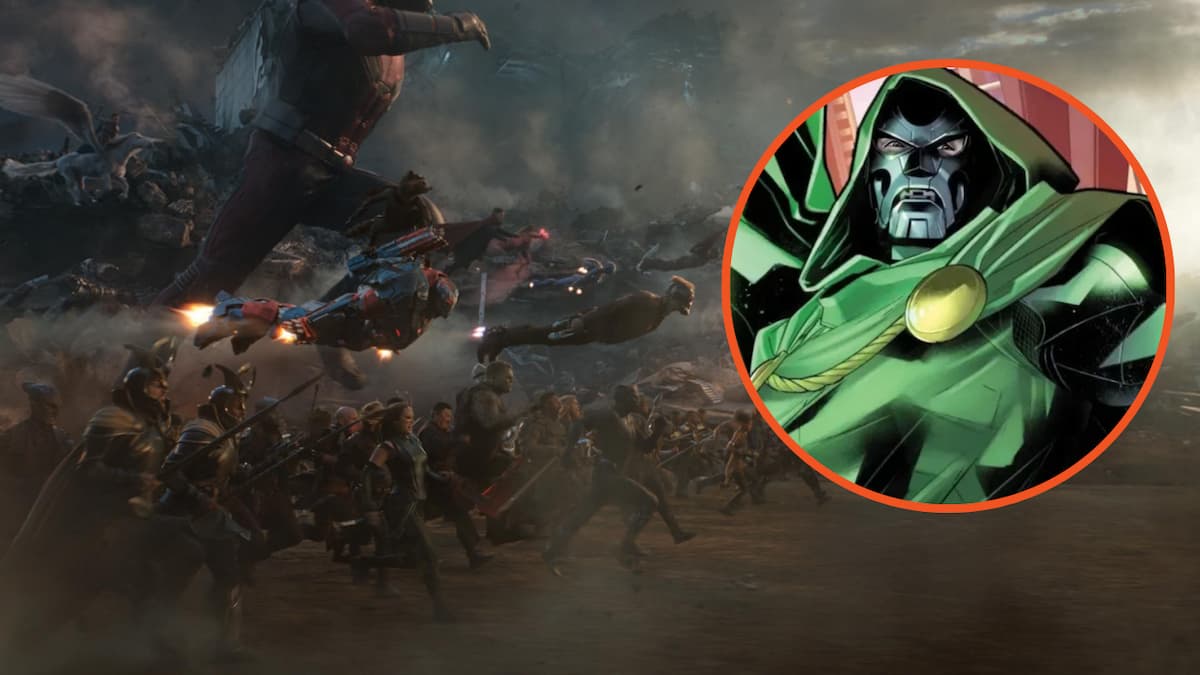
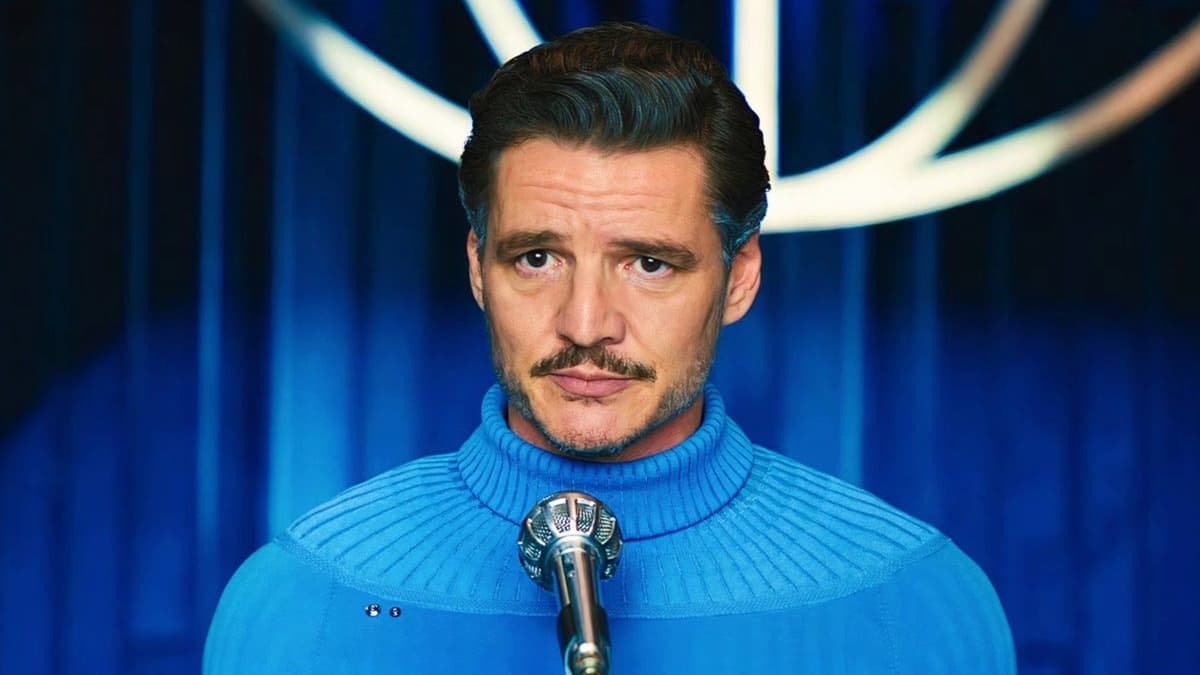
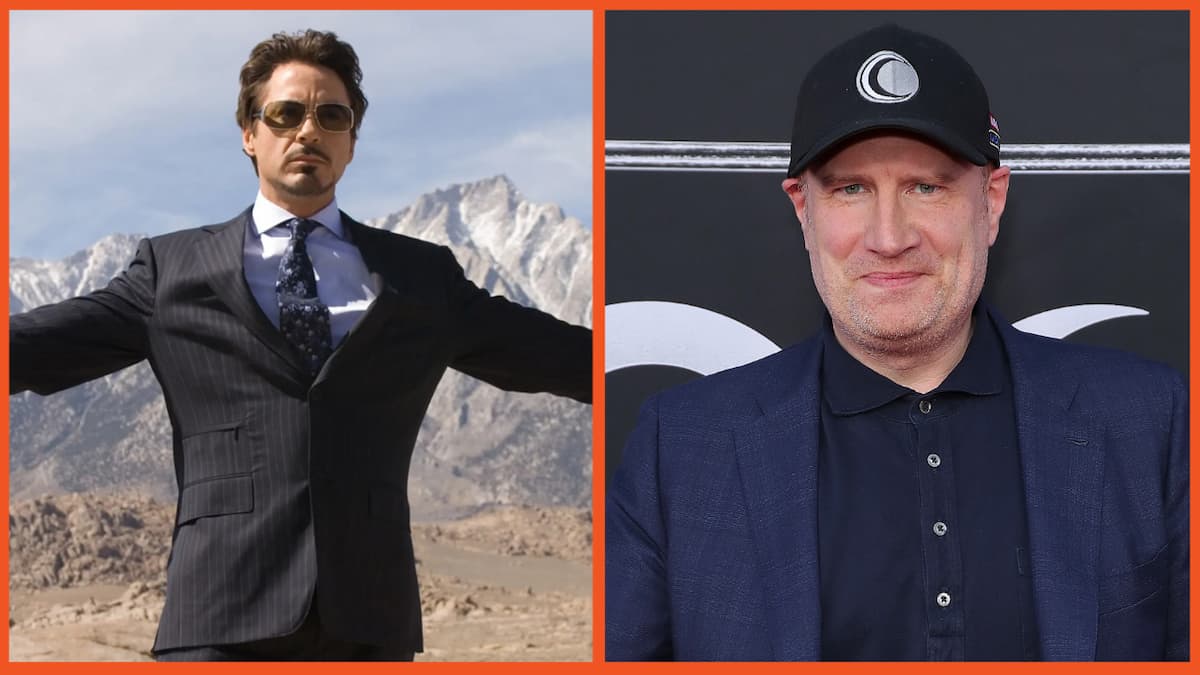
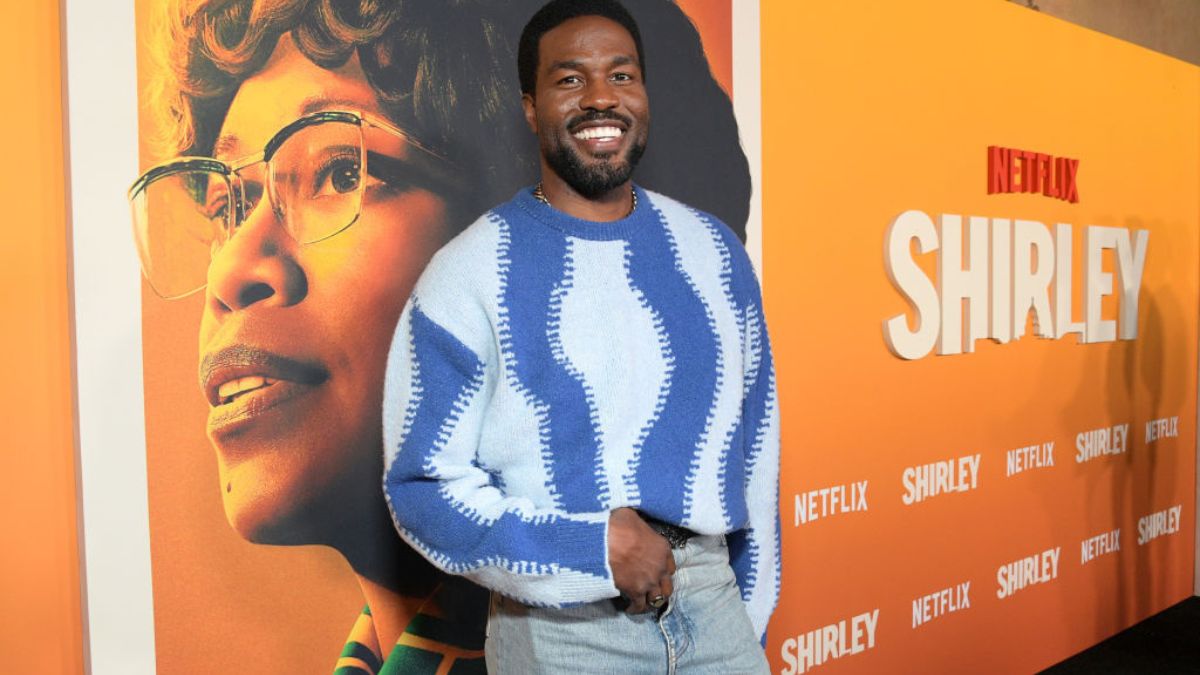
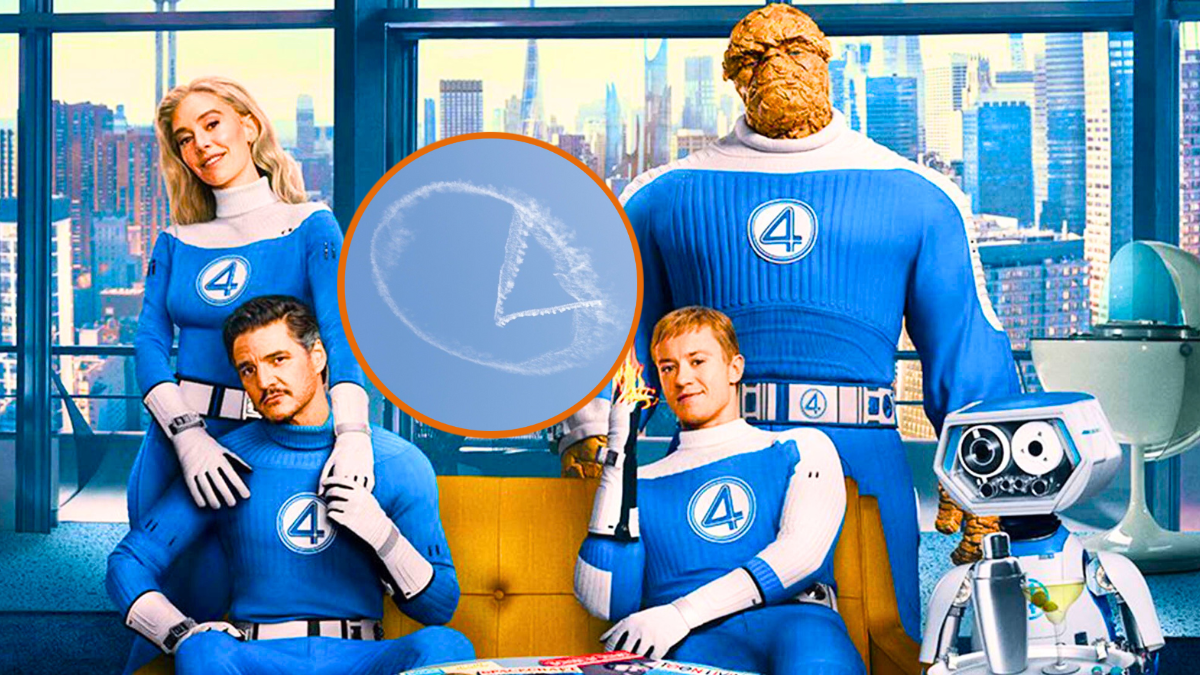
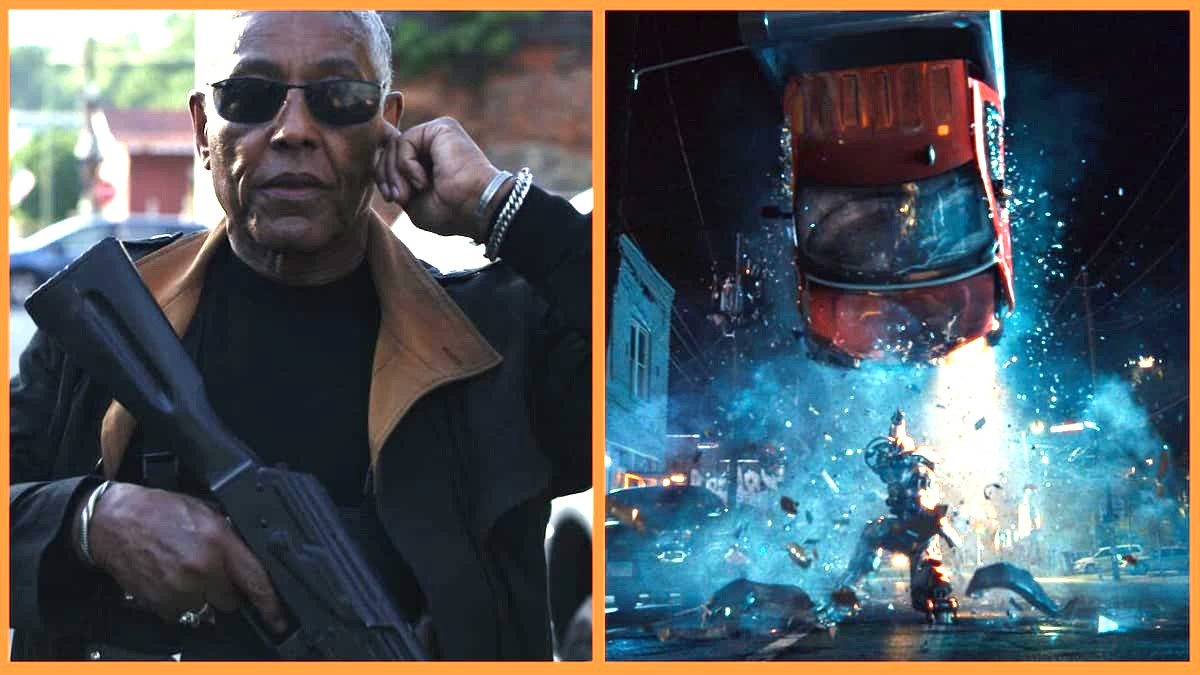
Published: Aug 29, 2023 03:50 pm